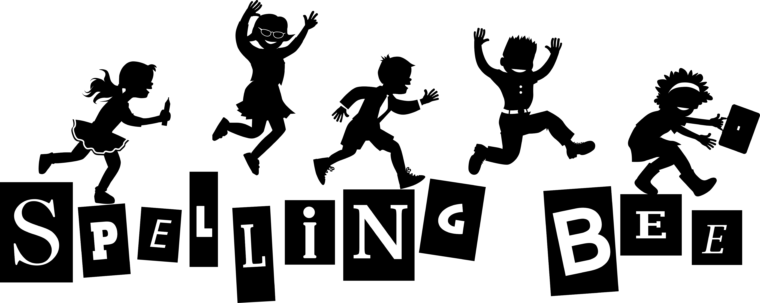Anyone who can only think of one way to spell a word obviously lacks imagination. ~ Mark Twain

The letter for today is S and the word is SPELLING.
For children with reading and learning difficulties, spelling can be a significant challenge that affects their academic performance and self-esteem. These difficulties may be associated with various underlying conditions like:
Dyslexia – a learning disorder characterized by difficulty in reading, writing, and spelling. It affects the way the brain processes language, making it challenging to recognize and decode written words.
Attention deficit hyperactivity disorder (ADHD) – a neurodevelopmental difference characterized by hyperactivity, impulsivity, and inattention, which may also cause your child to struggle with spelling due to difficulties with concentration and attention.
Visual memory difficulties – Visual memory is the ability to remember information that is seen, such as shapes, letters, or words, after seeing them.
- In the context of spelling, visual memory plays a crucial role in recognizing and recalling the correct sequence of letters that make up a word. When spelling, children must visualize the letters in their mind’s eye and recall the correct spelling pattern.
- If your child has trouble with visual memory, they may have trouble remembering how to spell words they have seen before. For example, they may struggle to remember the correct spelling of irregular words, such as “was” or “said,” which do not follow typical spelling patterns.
Spelling is an essential aspect of reading and learning, and here are 3 reasons why:
- Comprehension: Good spelling skills enhance reading comprehension. Correctly spelled words help readers recognize and understand the meaning of written text. In contrast, poor spelling can create confusion, leading to errors in understanding and interpretation of the text.
- Writing: Good spelling skills are essential for effective written communication. Accurate spelling allows writers to convey their ideas clearly and efficiently, making their written work more accessible to readers. Poor spelling, on the other hand, can detract from the credibility of the writer and reduce the impact of their message.
- Learning: Spelling is a foundational skill that is crucial for learning in various subjects such as English, history, and science. Correct spelling facilitates effective notetaking, studying, and test-taking, helping your child to achieve better academic performance. Moreover, spelling skills acquired in one subject can be applied to other subjects, enhancing overall academic achievement.
Spelling is a critical aspect of literacy development, and it’s essential to ensure that children receive the support they need to become confident and effective spellers.
Children with reading and learning difficulties often struggle with phonemic awareness, which is the ability to recognize, manipulate, and reproduce the individual sounds that make up words.
It forms the basis of spelling and reading.
If your child has trouble with phonemic awareness, they may have trouble understanding spelling rules, memorizing words, and spelling them correctly.
So, if spelling is a significant challenge for your child, let me share the good news with you that, with the right support and strategies in place, they can develop their spelling abilities and become confident and effective spellers.
One of the parents who worked with me, used the strategies in my Learning Made Easy program and in less then 4 weeks, her daughter got 100% on her spelling test for the first time ever.
Would you like your child to have a similar result?
Isn’t it time for your child to break through from the spelling difficulties that’s holding them back?
Click here and schedule a FREE Learning Clarity Breakthrough session with me.

Great article on the importance of spelling, something I notice that many adults need refreshers on as well!
Diane, the adults with spelling difficulties may have been children who were poor spellers and never received help to overcome their weaknesses.
Hi Flo, great content on how to help struggling spellers. As a teacher for many years, I had students with dyslexia, ADHD, and issues with visual clues. With lots of strategies, patience, and time, I was able to assist young readers. Thank you for continually sharing these types of strategies to help people at home.